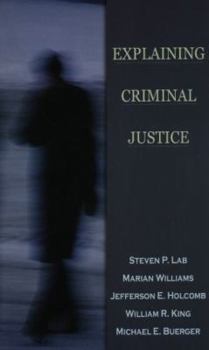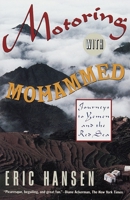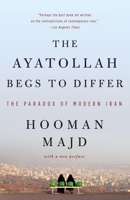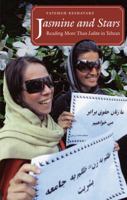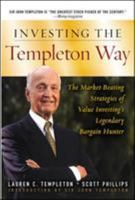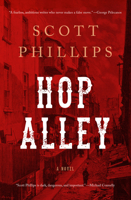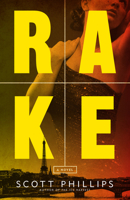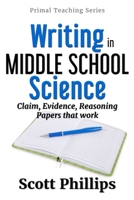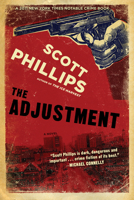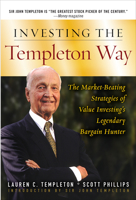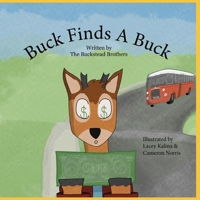Explaining Criminal Justice
Select Format
Select Condition 
You Might Also Enjoy
Book Overview
Written by Lab, Williams, Holcomb, King, and Buerger, Explaining Criminal Justice is the first brief survey text designed for students entering the field of criminal justice who lack a criminal justice background. This primer's helpful shorthand presentation will be useful to students in a variety of ways: * Defines key terminology and issues in an easily understood format.
* Offers a basic understanding of the component parts of the criminal justice system and how they interrelate.
* Provides coverage of all major issues--plus a realistic overview of the criminal justice system. Each chapter features a list of key terms, brief discussions of the important issues under each topic, discussions of emerging issues and concerns in the field, references for all key topics, a brief bibliography, and appropriate website listings.
* Offers a basic understanding of the component parts of the criminal justice system and how they interrelate.
* Provides coverage of all major issues--plus a realistic overview of the criminal justice system. Each chapter features a list of key terms, brief discussions of the important issues under each topic, discussions of emerging issues and concerns in the field, references for all key topics, a brief bibliography, and appropriate website listings.
Format:Paperback
Language:English
ISBN:0195330315
ISBN13:9780195330311
Release Date:October 2003
Publisher:Oxford University Press
Length:190 Pages
Weight:0.65 lbs.
Dimensions:0.4" x 6.1" x 8.9"
More by Scott Phillips
Customer Reviews
2 customer ratings | 2 reviews
There are currently no reviews. Be the first to review this work.











